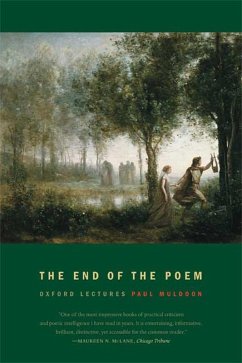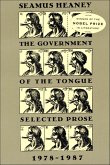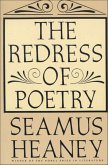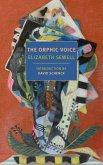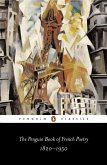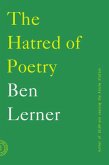In The End of the Poem, Paul Muldoon, "the most significant English-language poet born since the Second World War" (The Times Literary Supplement), presents engaging, rigorous, and insightful explorations of a diverse group of poems, from Yeats's "All Souls' Night" to Stevie Smith's "I Remember" to Fernando Pessoa's "Autopsychography." Here Muldoon reminds us that the word "poem" comes, via French, from the Latin and Greek: "a thing made or created." He asks: Can a poem ever be a freestanding, discrete structure, or must it always interface with the whole of its author's bibliography-and biography? Muldoon explores the boundlessness, the illimitability, created by influence, what Robert Frost meant when he insisted that "the way to read a poem in prose or verse is in the light of all the other poems ever written." And he writes of the boundaries or borders between writer and reader and the extent to which one determines the role of the other.
At the end, Muldoon returns to the most fruitful, and fraught, aspect of the phrase "the end of the poem": the interpretation that centers on the "aim" or "function" of a poem, and the question of whether or not the end of the poem is the beginning of criticism. Irreverent, deeply learned, often funny, and always stimulating, The End of the Poem is a vigorous and accessible approach to looking at poetry anew.
At the end, Muldoon returns to the most fruitful, and fraught, aspect of the phrase "the end of the poem": the interpretation that centers on the "aim" or "function" of a poem, and the question of whether or not the end of the poem is the beginning of criticism. Irreverent, deeply learned, often funny, and always stimulating, The End of the Poem is a vigorous and accessible approach to looking at poetry anew.
Dieser Download kann aus rechtlichen Gründen nur mit Rechnungsadresse in D ausgeliefert werden.

